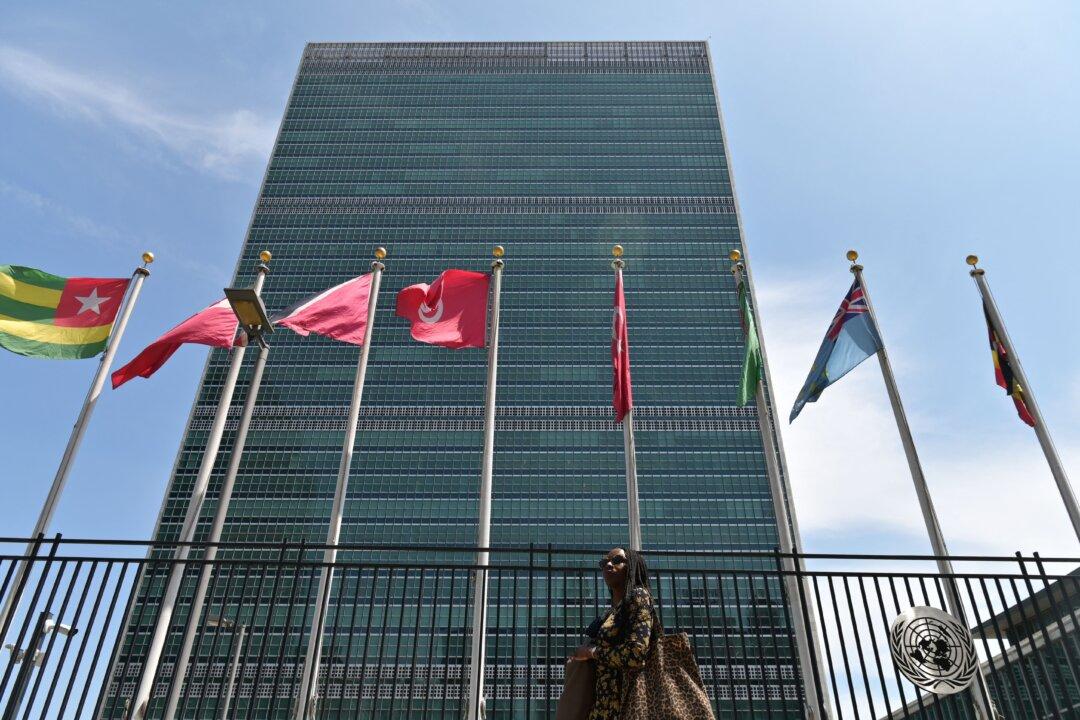The United Nations’ Intergovernmental Panel on Climate Change (IPCC) has issued the first installment of its Sixth Assessment Report, “Climate Change 2021: The Physical Science Basis.”
For those receptive to the report, it provides a needed message about the serious consequences of climate change and the need to end fossil fuel use. Those who are skeptical pointed to the failure of the IPCC in predicting climate change in past reports.





